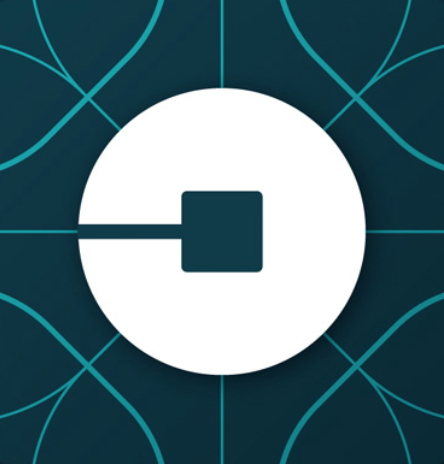Is Uber Done In London?

The fast-growing ridesharing service Uber has seen plenty of bumps and bruises along the way. After the ouster of their brash, high-profile CEO things had quieted down a bit.
Now, there’s news that London won’t renew their private car-hire license when it expires at the end of this month.(try Googling the title of the article if the WSJ won’t let you view the whole article).
Quoting in part from the decision by the transport authority:
The authority said it had ruled Uber was unfit to hold a license—a certificate a company needs to legally operate privately run car services in the city—because it found Uber’s “approach and conduct demonstrate a lack of corporate responsibility in relation to a number of issues which have public safety and security implications.”
Uber does have the chance to appeal the ruling and can continue to operate during that time. Uber has dealt with political/bureaucratic angst in a bunch of markets. They’ve mostly come out okay on the other side, sometimes with concessions.
As I was writing this post, Seth from Wandering Aramean posted about this as well. He’s got a copy of the full decision from Transport for London. In addition to the notation from WSJ about concern for how Uber reports criminal offenses, they further note:
- Uber’s approach to how medical certificates are obtained (you’ve got me on this one).
- Uber’s approach to how they obtain Enhanced Disclosure and Barring checks (I could probably guess on this one).
- Greyball.
For those that don’t know, Greyball is/was a controversial program Uber was using to avoid detection by government officials in places the service wasn’t permitted. If you’re not familiar with it, it’s an interesting read.
The Final Two Pennies
There’s no question that part of Uber’s problem is delivery, and I don’t mean dropping off a passenger. Ex-CEO Travis Kalanick had a sharp elbows strategy that rubbed many folks the wrong way. Whether that should prevent them from operating in a market like London is debatable. But, when you’re go-to strategy is to attack detractors rather than work directly with them, you’re bound to lose the benefit of the doubt when issues arise.
Articles I’ve read over the years indicate that Uber has no more criminal complaints lodged against their drivers than taxi cabs do. In some cases, their numbers are much lower. But, there’s a reason they call it “disruption” when a new company breaks into an entrenched market. There’s a lot of money/monopoly in the taxi cab industry. They’d be a formidable opponent even if Uber didn’t continue to find ways to shoot themselves in the foot.
The post Is Uber Done In London? was published first on Pizza in Motion
